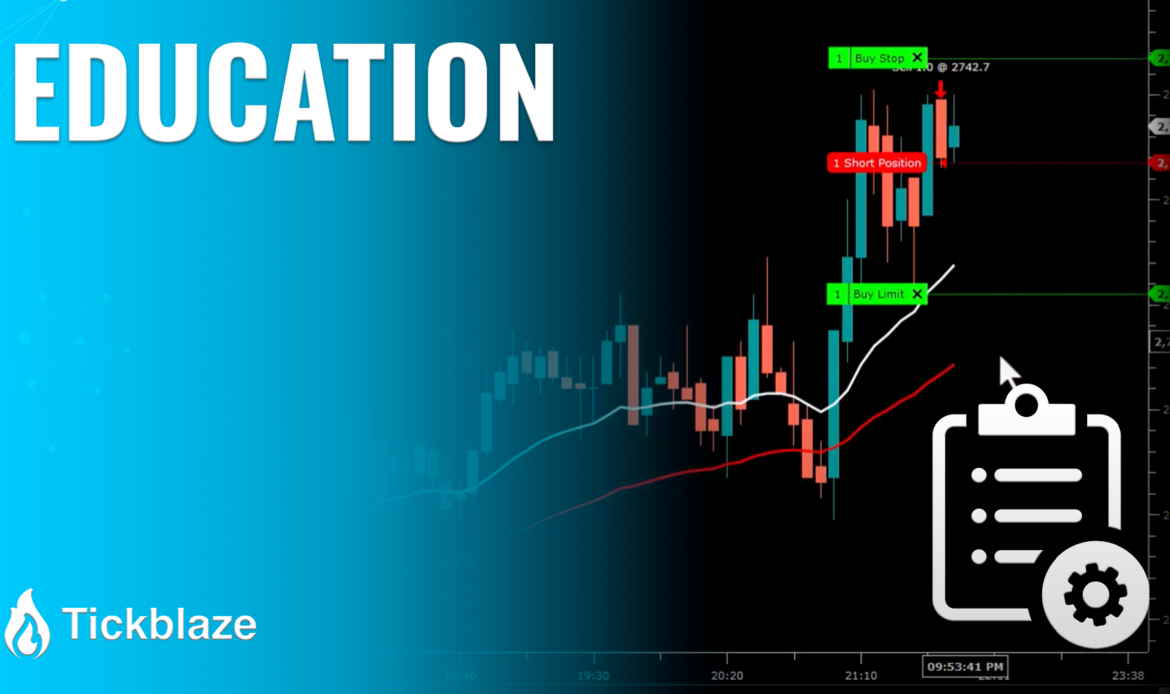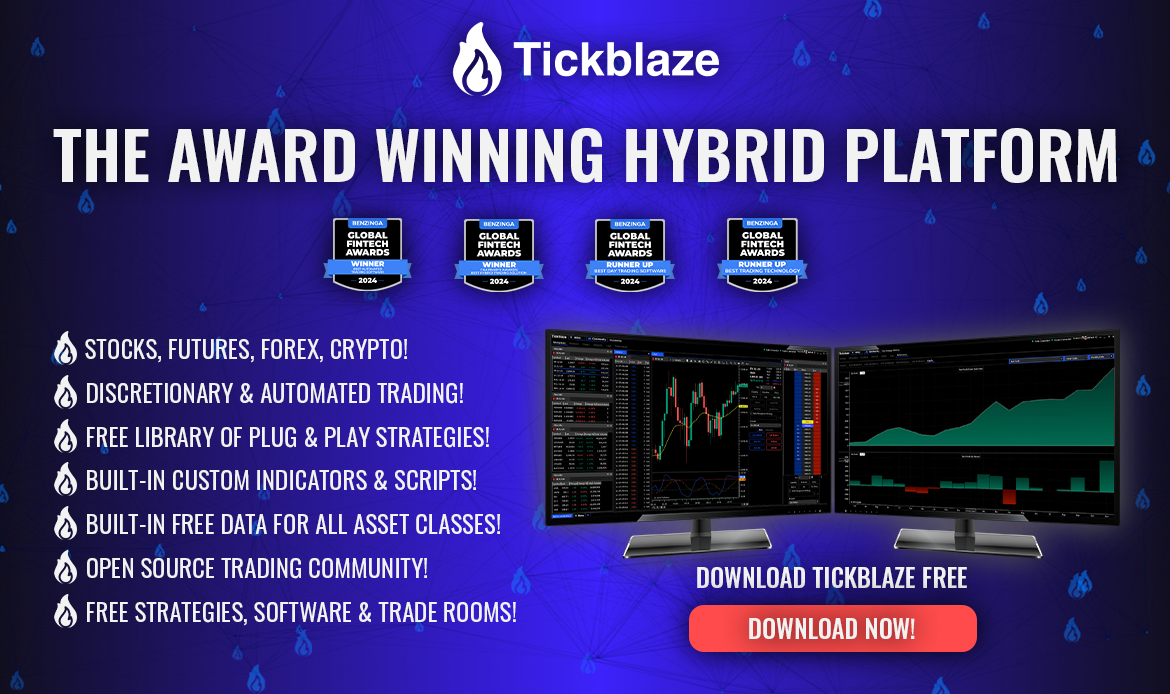Trading fees are inevitable in the financial markets, but understanding them is crucial for traders who want to protect their profitability. These fees can chip away at your returns, often more significantly than expected. Whether you’re a seasoned trader or just getting started, this guide will help you navigate the complexities of trading platform fees so you can make informed decisions and keep more of what you earn.
Commissions: The Universal Cost of Trading
Every trader encounters commissions, making them one of the most impactful fees. Platforms typically charge commissions as a flat fee per trade or a percentage of the trade’s value. For active traders who execute multiple trades daily, commissions can quickly accumulate, cutting into overall returns.
For example, a flat fee may benefit those making high-value trades, while a percentage-based fee could be more economical for smaller transactions. Calculate how commissions align with your trading volume and style to optimize your strategy. This awareness can differentiate between a profitable and a costly trading plan.
Spreads: The Hidden Cost in Every Trade
Spreads, the difference between the bid and ask price, are an indirect but significant cost. Unlike commissions, spreads are embedded in the price of every trade and can vary based on the platform, asset class, and market conditions.
For short-term traders like scalpers or day traders, even a slightly wider spread can significantly impact profits. If you trade instruments like forex or CFDs, where spreads are a common fee structure, look for platforms offering consistently tight spreads to minimize trading costs.
Inactivity Fees: Paying for Doing Nothing
Many platforms charge inactivity fees for accounts that fail to meet minimum activity levels over a specific period. While this may not affect highly active traders, it can burden long-term investors or those taking a break from trading.
Understanding the terms surrounding inactivity fees is essential, especially if you maintain accounts across multiple platforms. Look for platforms with clear inactivity policies or alternatives that waive fees to maintain a certain balance.
Withdrawal and Transaction Fees: Managing Access to Your Funds
Withdrawal fees are often overlooked but can significantly affect traders who frequently access their funds. Platforms may charge a flat rate or a percentage of the withdrawal amount, with the latter becoming costly for larger transactions. Similarly, transaction fees, such as those for deposits or currency conversions, can erode profits over time.
When choosing a platform, review the policies surrounding these charges. These fees could drain your capital if you trade in multiple currencies or transfer funds frequently.
Market Data Fees: The Price of Staying Informed
Market data is the backbone of informed trading. Tickblaze includes data in the platform, but some still prefer different data connections, which Tickblaze also accompandates.
While many platforms provide essential data for free, premium features such as live quotes, historical data, and advanced charting tools often require additional fees. These costs are often necessary for traders who rely on real-time data or advanced analytics, but they should be weighed carefully against the value they bring to their strategy.
Consider what level of data is indeed required for your trading style. While some traders can succeed with minimal data, others—especially those trading in fast-moving markets—may find that premium tools pay for themselves through better decision-making.
Margin Fees: The Cost of Leverage
Leverage can amplify returns, but it comes with a cost: margin fees. These are the interest rates platforms charge on borrowed funds, and they can significantly impact traders holding leveraged positions for extended periods.
Understanding your platform’s margin rate structure and calculating how these fees might affect your overall returns is important, particularly if leverage is a core part of your trading strategy.
Account Maintenance Fees: Are You Getting Value?
Some platforms charge regular account maintenance fees, typically on a monthly or annual basis. These fees may seem minor but can add up over time. Consider whether the services provided justify the cost, such as access to premium tools, priority support, or additional features.
Assessing the Total Cost of Trading
To truly understand the financial impact of these fees, you need to take a holistic approach. Here’s how:
- Add It All Up: Calculate the total cost of commissions, spreads, data fees, and withdrawal charges based on your trading style and frequency.
- Look for Hidden Fees: Always read the fine print. Many platforms have charges that aren’t immediately obvious, like minimum balance requirements or penalties for certain activities.
- Match the Platform to Your Style: Active traders should prioritize low spreads and commissions, while infrequent traders should focus on platforms with minimal maintenance or inactivity fees.
- Use Fee Calculators: Many platforms and third-party resources provide tools to estimate your costs based on your activity levels.
- Read Reviews: Leverage the experience of other traders to understand how different platforms handle fees and whether their services justify the costs.
Making the Most of Your Trading Journey
Understanding trading fees isn’t just about saving money but maximizing profitability and ensuring your platform supports your trading goals. By carefully assessing the fee structures of the platforms you use, you can take control of your trading costs and keep more of your hard-earned profits.
DISCLAIMER
NeuroStreet (and all corporate and/or subsidiary brands) has no financial interest in the outcome of any trades mentioned herein. There is a substantial risk of loss when trading securities. You are solely responsible for all decisions regarding purchase or sale of securities (futures, forex, stocks, options, crypto), suitability, and your own risk tolerance. Choosing to engage in any of the products or services demonstrated presumes you have fully read and understood the risk involved in trading as set forth herein. There may be tax consequences for short-term profits or losses on trades. Consult your tax professional or advisor for details on these if applicable. Neither NeuroStreet (and all corporate and/or subsidiary brands), nor its principles, contractors or employees are licensed brokers or advisors.
NeuroStreet (and all corporate and/or subsidiary brands) offers services and products for educational purposes only. Market recommendations are not to be construed as investment or trading advice. You acknowledge that you enter into any transactions relying solely on your own judgment. Any market recommendations provided are generic only and may or may not be consistent with the market positions or intentions of NeuroStreet (and all corporate and/or subsidiary brands) or its affiliates. Any opinions, news, research, analysis, prices, or other information contained on our website or by presentation of our material is provided as general market commentary, and do not constitute advisory services.
All testimonials provided are the personal experiences of individual users and are not representative, nor do they constitute any guarantees or expectation of future performance. Results are not typical and have not been verified. All testimonials are to be considered for informational purposes only and should not be construed as investment or trading advice.
CFTC RULE 4.41 – Hypothetical performance results have many inherent limitations, some of which are described below. No representation is being made that any account will or is likely to achieve profits or losses similar to those shown. In fact, there are frequently sharp differences between hypothetical performance results and the actual results subsequently achieved by any particular trading program. One of the limitations of hypothetical performance results is that they are generally prepared with the benefit of hindsight. In addition, hypothetical trading does not involve financial risk, and no hypothetical trading record can completely account for the impact of financial risk in actual trading. For example, the ability to withstand losses or to adhere to a particular trading program in spite of trading losses are material points which can also adversely affect actual trading results. There are numerous other factors related to the markets in general or to the implementation of any specific trading program which cannot be fully accounted for in the preparation of hypothetical performance results and all of which can adversely affect actual trading results.
NOT INVESTMENT OR TRADING ADVICE | INFORMATIONAL AND EDUCATIONAL PURPOSES ONLY
Author Note:
This article was written by an independent communications consultant engaged by NeuroStreet. The author is not a licensed financial advisor or broker and does not provide trading, investment, or financial advice. All information has been prepared using materials provided by the client and is intended solely for educational and informational purposes.



